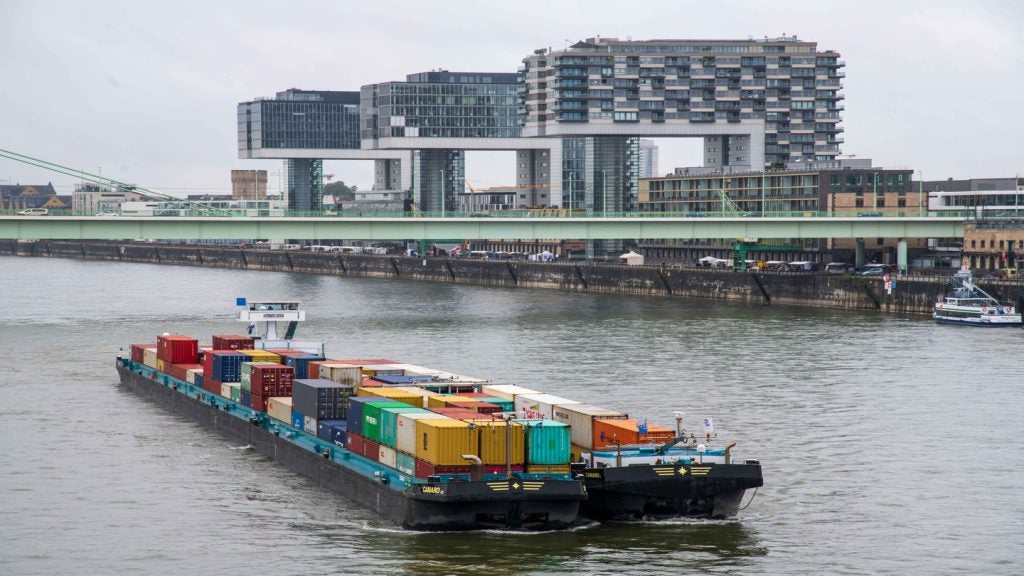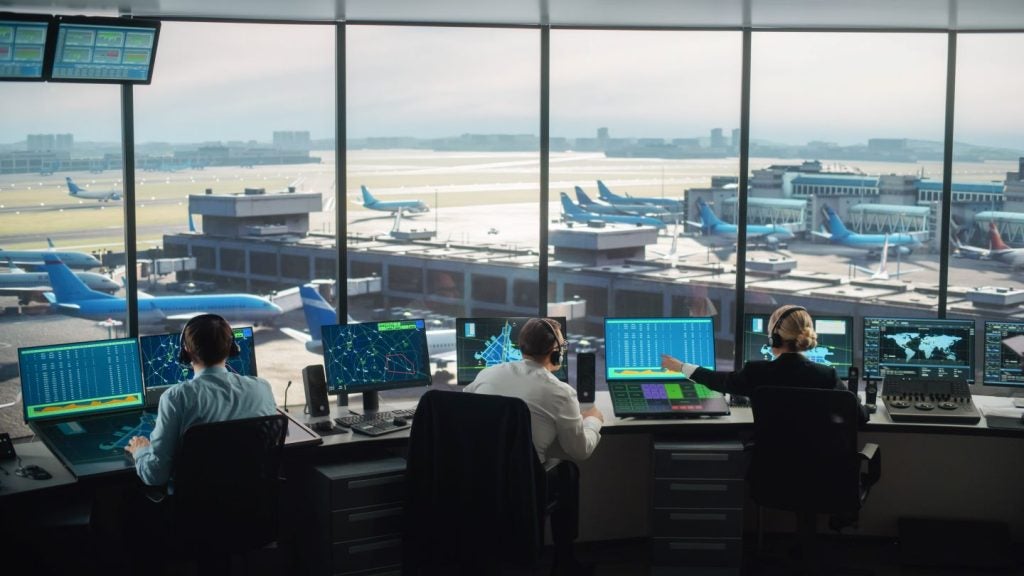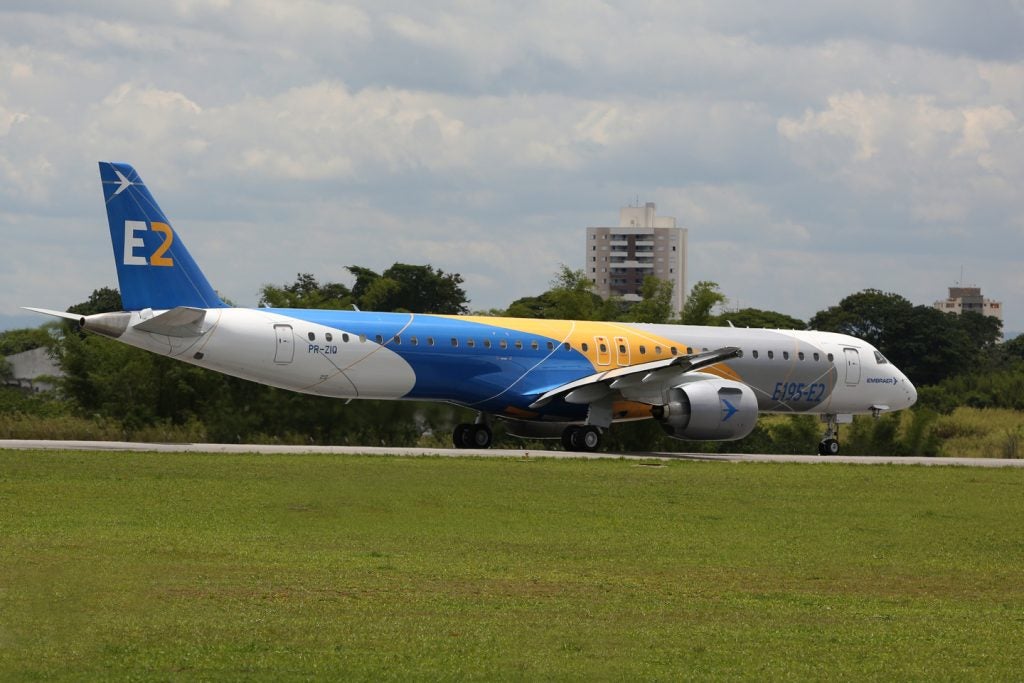Despite overall decreases across the continent, Germany retained its position atop transport-related patents in Europe over the first half of 2023, GlobalData research showed.
From January to June, 185 transport patents were identified as filed in Germany, with March being the most active month (43). UK companies were the second-most active (153) followed by Spain (84).

Supply chain woes
A multitude of themes underpin Germany’s high proportion of transport patents within Europe.
The post-Covid recovery of Europe’s largest economy has been hampered by logistical issues, from overburdened seaports inundated with goods to an underinvested railway system.
National rail company Deutsche Bahn began work on some 4,200km of track renovation in June 2023. Deutsche Bahn plans to replace the country’s most congested rail corridors to improve transportation links, despite claims that the planned engineering work will worsen supply chain problems.

Climate change concerns
Germany’s Federal Ministry for Digital and Transport has faced criticism for inadequate infrastructure and a lack of effort to meet carbon emissions targets.
To increase public transport passenger numbers, Deutsche Bahn launched its €49 per month ‘Deutschlandticket’ scheme in May. The so-called ‘D-Ticket’ allows passengers to ride an unlimited number of local buses and trains across Germany.
Evelyn Palla, CEO of Deutsche Bahn Regio, told the German newspaper Redaktions Netzwerk Deutschland (RND) the initiative has been a “huge success,” pointing to a 25% rise in passenger numbers.
In shipping, shallow rivers have exposed unreliable inland supply routes across Germany, prominently including the Rhine (which serves several major cities within Europe including Amsterdam, Cologne, Strasbourg, Düsseldorf, Basel and Rotterdam).
From coal to cars, up to 80% of Germany’s ship-bound cargo is transported on the Rhine to Southern Germany, France, Switzerland and Eastern Europe via the Main-Danube Canal, according to the New York Times.
In August 2022, Germany’s largest oil refinery, operated by Shell, had to reduce production at its Rhineland facility due to the challenges of transporting goods on low water levels. Such developments have fuelled concerns in Berlin, reflected in the steady presence of patents in the German transport industry.
Our signals coverage is powered by GlobalData’s Thematic Engine, which tags millions of data items across six alternative datasets — patents, jobs, deals, company filings, social media mentions and news — to themes, sectors and companies. These signals enhance our predictive capabilities, helping us to identify the most disruptive threats across each of the sectors we cover and the companies best placed to succeed.














